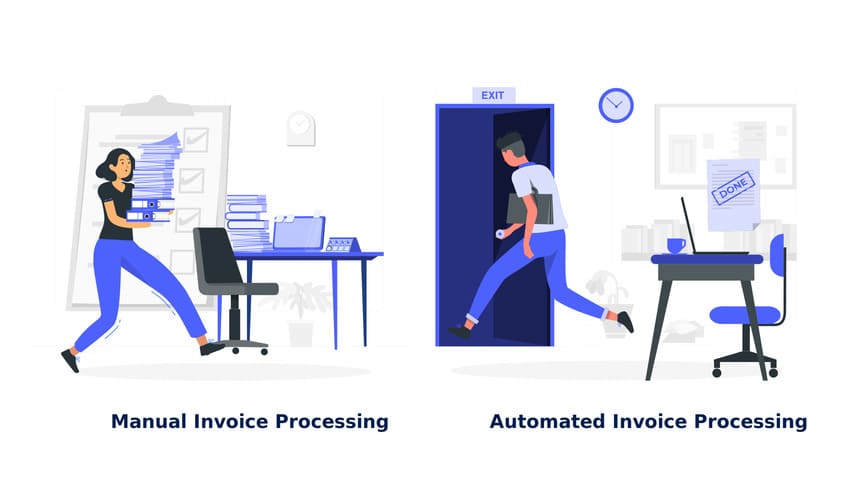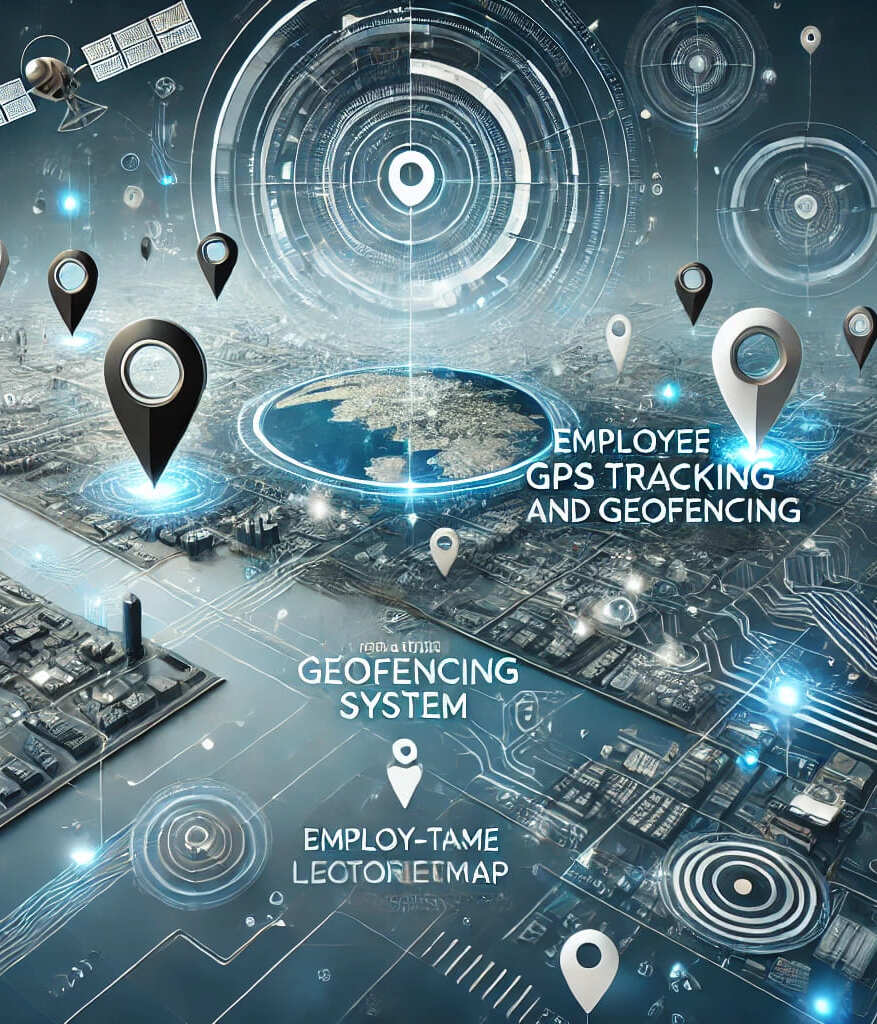
Production and Industrial Engineering
Industrial and production engineering (IPE) is an
interdisciplinary engineering discipline that includes manufacturing
technology, engineering sciences, management science, and optimization of
complex processes, systems, or organizations. It is concerned with the
understanding and application of engineering procedures in manufacturing
processes and production methods. Industrial
and production engineering includes three areas: Mechanical engineering (where
the production engineering comes from), industrial engineering, and management
science.
The objective is to improve efficiency, drive up
effectiveness of manufacturing, quality control, and to reduce cost while
making their products more attractive and marketable. Industrial engineering is
concerned with the development, improvement, and implementation of integrated
systems of people, money, knowledge, information, equipment, energy, materials,
as well as analysis and synthesis. The principles of IPE include mathematical,
physical and social sciences and methods of engineering design to specify,
predict, and evaluate the results to be obtained from the systems or processes
currently in place or being developed. The target of production engineering is
to complete the production process in the smoothest, most-judicious and
most-economic way. Production engineering also overlaps substantially with
manufacturing engineering and industrial engineering. The concept of production
engineering is interchangeable with manufacturing engineering.
As for education, undergraduates normally start off by
taking courses such as physics, mathematics (calculus, linear analysis, differential
equations), computer science, and chemistry. Undergraduates will take more
major specific courses like production and inventory scheduling, process
management, CAD/CAM manufacturing, ergonomics, etc., towards the later years of
their undergraduate careers. In some parts of the world, universities will
offer Bachelor's in Industrial and Production Engineering. However, most
universities in the U.S. will offer them separately. Various career paths that
may follow for industrial and production engineers include: Plant Engineers,
Manufacturing Engineers, Quality Engineers, Process Engineers and industrial
managers, project management, manufacturing, production and distribution.
- Work study and Ergonomics
- Design of machine elements
- Workshop Technology
- Industrial Quality control
- Materials and Operations Management
- Industrial Automation and Robotics
- Advanced Manufacturing Process
- Basic Electrical & Electronics
- Metal cutting and Tool design
- Computer Programming
- Operations Research
- Strength of Materials
- Metal Forming - Principles & Design
- Engineering Thermodynamics
- CAD/CAM and CIM
- Material Science
- Facility Planning and Material Handling
- Manufacturing Technology
- Industrial Management
- Mechanical Measurements and Metrology
- Economics & life cycle concepts
- Machine Drawing
- Theory of Machines
- Applied Thermodynamics
- Probability & Statistics
- Materials Science and Technology
- Mechanical Measurements & Metrology
- Metallurgy and Heat Treatment
- Manufacturing Processes
- Production Planning and Control
- Design of Machine Elements
- Network & Project Management
- Industrial Automation
- Machine Tool & Machining
- Work Study and Ergonomics
- Industrial Quality Control
- Robotics
- Materials Management
- Management Information System
- Maintenance and Reliability Engineering
- Agile Manufacturing & Manufacturing Automation
- Numerical Control Technology and Programming
- Simulation in Industrial Engineering Lab
- Total Quality Production & Communication for Employment
- Conflict Resolution and Management
Recent Published
Submit Manuscript
To give your manuscript the best chance of publication, follow these policies and formatting guidelines.


